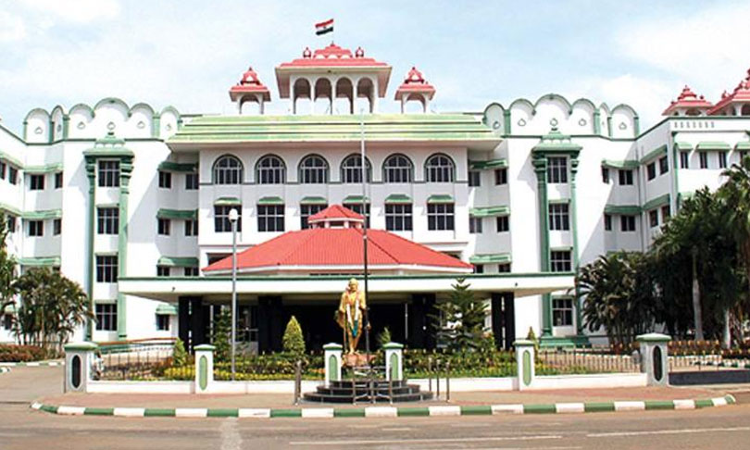The Madras High Court recently observed that the offence under Section 303(2) of the Bharatiya Nyaya Sanhita is a non-cognizable and bailable offence and an FIR could be filed for these offence only after getting appropriate orders from the Magistrate. Justice Anand Venkatesh thus quashed an FIR filed against the man. Though the court noted that the FIR itself was not sustainable in...

